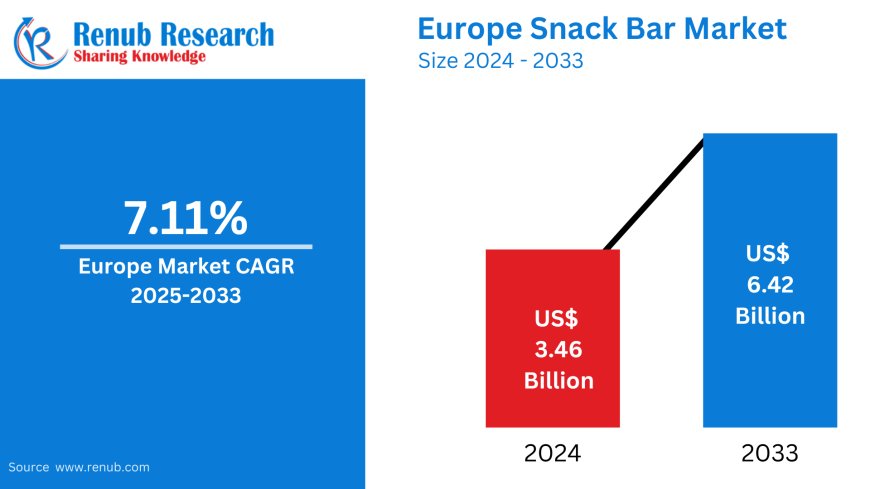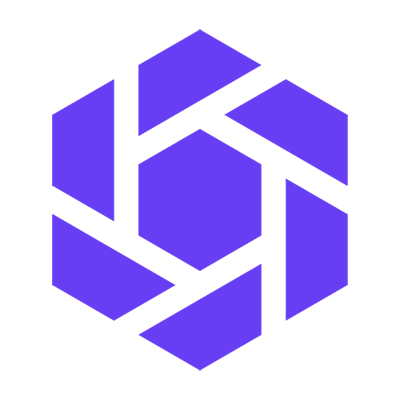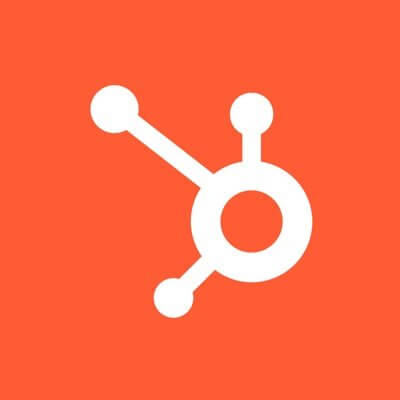Europe Food Safety Testing Market Insights 2025-2033| Growth & Opportunity Analysis
According to the latest research report, the Europe Food Safety Testing Market is poised to grow from US$ 6.45 billion in 2024 to US$ 10.74 billion by 2033, registering a robust CAGR of 5.84% during the forecast period 2025-2033.

Press Release: Europe Food Safety Testing Market Size, Share & Forecast Report 2025-2033
Europe Food Safety Testing Market to Reach US$ 10.74 Billion by 2033, Driven by Technological Advancements and Stricter Food Regulations
According to the latest research report, the Europe Food Safety Testing Market is poised to grow from US$ 6.45 billion in 2024 to US$ 10.74 billion by 2033, registering a robust CAGR of 5.84% during the forecast period 2025-2033. The market growth is primarily driven by increasing regulatory scrutiny, heightened public awareness around foodborne illnesses, growing demand for traceability and transparency in food supply chains, and rapid technological advancements in testing methodologies.
Market Overview and Key Insights
Europe's food safety testing industry is evolving rapidly due to the growing complexities in food production and distribution, alongside consumer expectations for transparency and authenticity. Compliance with rigorous regulations like the General Food Law Regulation and directives set by the European Food Safety Authority (EFSA) has compelled industry players to prioritize comprehensive contaminant screening and testing.
Modern analytical technologies such as Polymerase Chain Reaction (PCR), ELISA, mass spectrometry, and next-generation sequencing are revolutionizing the detection of contaminants including pathogens (e.g., Salmonella, E. coli), chemical residues, allergens, genetically modified organisms (GMOs), and mycotoxins. For instance, QIAGEN's introduction of new digital PCR testing kits in 2023 enhanced the precision of foodborne pathogen detection, setting a new industry benchmark.
Additionally, the rise in cross-border food trade and exports necessitates compliance with diverse international safety standards, thus fueling the demand for reliable testing services across the European continent.
Key Market Drivers
- Rising Foodborne Illnesses: Increasing incidents of food contamination involving Salmonella, Listeria, and E. coli have heightened public health concerns. Swift detection of such pathogens is critical for minimizing outbreaks and ensuring consumer safety.
- Expansion of Global Trade: As European food producers increasingly export to global markets, stringent testing protocols are essential to ensure compliance with varying international food safety norms and avoid recalls.
- Incidence of Food Fraud: High-profile food fraud cases have driven investment in advanced testing methods like DNA-based authentication, chromatography, and spectroscopy to uphold product integrity.
- Technological Innovations: Breakthroughs in automated and AI-powered testing tools are enabling faster, more accurate contamination analysis, streamlining food safety assurance.
Market Challenges
- Complex Regulatory Landscape: While the EU has harmonized certain food laws, country-specific requirements still create compliance challenges for pan-European food producers and exporters.
- Emerging Contaminants: The evolving nature of pathogens and introduction of new contaminants demand continuous investment in research, validation, and equipment upgrades, stretching the operational budgets of testing laboratories.
Regional Market Analysis
Germany: Germany holds a leading share of the European food safety testing market, underpinned by its stringent regulatory oversight and advanced scientific infrastructure. According to the Robert Koch Institute, salmonellosis cases linked to meats increased from 8,220 in 2021 to 9,013 in 2022. This rising trend reinforces the necessity for improved microbial detection systems. The country is witnessing adoption of novel technologies like fluorescence spectroscopy, biosensors, and electronic noses for rapid spoilage and contaminant detection.
United Kingdom: The UK market is witnessing accelerated adoption of mass spectrometry and PCR tools driven by concerns around food fraud and cross-contamination. Post-Brexit adjustments to food law compliance and increased demand for sustainable food sourcing have added momentum to testing infrastructure modernization.
France: The French market reflects a strong push for DNA-based traceability and analytical methods amid growing public concern over pesticide residues and allergens. National campaigns promoting food safety and regulatory crackdowns on mislabeling have further spurred testing requirements.
Italy: Italy's food industry, known for its premium exports in processed foods and agricultural produce, places a high priority on traceability. Investments in ELISA and next-generation sequencing tools are rising to detect pesticides and pathogenic bacteria more efficiently.
Market Segmentation
By Contaminant Type:
- Pathogen Testing
- Pesticide and Residue Testing
- Mycotoxin Testing
- GMO Testing
- Allergen Testing
- Other Contaminant Testing
By Technology:
- Polymerase Chain Reaction (PCR)
- Chromatography & Spectrometry
- Immunoassay-Based
- Other Technologies
By Application:
- Meat & Poultry
- Dairy
- Processed Food
- Fruits & Vegetables
- Pet Food and Animal Feed
- Crops
- Other Foods
By Country:
- Germany
- United Kingdom
- France
- Italy
- Spain
- Russia
- Rest of Europe
Competitive Landscape
The Europe Food Safety Testing Market is characterized by the presence of prominent players focusing on innovation and strategic collaborations. Key market participants include:
- SGS SA
- Eurofins Scientific SE
- Intertek Group PLC
- TÜV SÜD
- Bureau Veritas
- ALS Limited
These companies are expanding their analytical capabilities and investing in automated, high-throughput testing platforms to cater to the increasing demand from food manufacturers and regulatory bodies.
Conclusion
The Europe Food Safety Testing Market is undergoing a transformative phase, shaped by evolving regulations, advanced technology adoption, and increased public scrutiny. With consumers demanding higher standards of food quality and traceability, and exporters facing global compliance obligations, the need for comprehensive and sophisticated food testing solutions will continue to intensify through 2033.
About the Company:
Renub Research is a Market Research and Consulting Company. We have more than 15 years of experience especially in international Business-to-Business Researches, Surveys and Consulting. We provide a wide range of business research solutions that helps companies in making better business decisions. We partner with clients in all sectors and regions to identify their highest-value opportunities, address their most critical challenges, and transform their businesses. Our wide clientele comprises major players in Healthcare, Travel and Tourism, Food Beverages, Power Energy, Information Technology, Telecom Internet, Chemical, Logistics Automotive, Consumer Goods Retail, Building, and Construction, Agriculture. Our core team is comprised of experienced people holding graduate, postgraduate, and Ph.D. degrees in Finance, Marketing, Human Resource, Bio-Technology, Medicine, Information Technology, Environmental Science, and many more.
Media Contact:
Company Name: Renub Research
Contact Person: Rajat Gupta, Marketing Manager
Phone No: +91-120-421-9822 (IND) | +1-478-202-3244 (USA)
Email: mailto:rajat@renub.com
































































![https //g.co/recover for help [1-866-719-1006]](https://newsquo.com/uploads/images/202506/image_430x256_684949454da3e.jpg)























![How Smart PMs Scale Their Careers in Any Org [TPG Live Recap]](https://tpgblog.com/wp-content/uploads/2025/06/2025-06-12-thumbnail-action.png?#)





















































